Ligue 1 begins post-Mbappe era further weakened after TV rights disaster
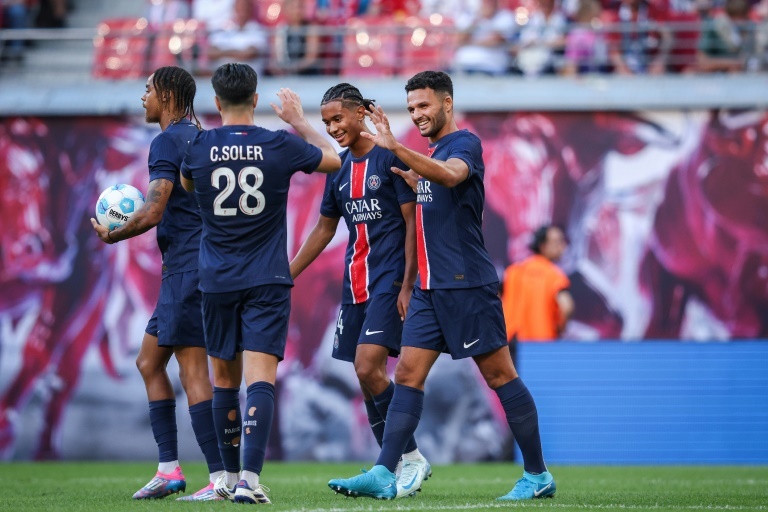
While France basks in the glow of the dazzling Paris Olympics, French football is trying to shake off a hangover from its own disastrous summer as the first Ligue 1 season of the post-Kylian Mbappe era begins this weekend.
1 year ago
A year after the departures of Lionel Messi and Neymar, Mbappe left Paris Saint-Germain too, signing for Real Madrid after eight and a half years in Ligue 1. Nobody was surprised to see Mbappe finally move on, and he has left behind a league in disarray after the fiasco surrounding the sale of its broadcast rights.
The French league (LFP) only confirmed a couple of weeks ahead of the season starting that it had agreed a new domestic television deal for the next five yeas. Its negotiating power weakened by the collapse of the relationship with its long-time partner, pay-TV giant Canal Plus, the LFP finally signed a contract with British streaming platform DAZN and Qatar's beIN Sports for the knockdown price of 500 million ($548m) euros annually.
International rights have increased to a reported 160 million euros annually, but the domestic deal is a considerable drop from the 624 million euros previously. It is a sobering outcome for the LFP, whose president Vincent Labrune hoped to reach one billion euros a year in broadcast revenue.
"We had to find the best solution for the clubs, in terms of exposure and cash flow," admitted Jean-Pierre Caillot of Reims, one of Ligue 1's most prominent presidents. "It is obviously not the result we imagined at the beginning, but it allows us to not compromise the future."
The new deal leaves Ligue 1 further behind Europe's other leading domestic leagues than previously in terms of broadcast income. The crisis goes on after the collapse of a 780 million-euro deal with Spanish company Mediapro months after it came into effect in 2020.
That was what led to Labrune reaching a deal with CVC Capital Partners, which saw the private equity firm offer 1.5 billion euros in exchange for a permanent 13 percent cut of the LFP's commercial income. The new broadcast deal was pilloried by John Textor, the American owner of Olympique Lyonnais.
"Signing a long-term contract with traditional distribution models is looking backwards, when we should be looking forwards," he said. The upshot of all this could be a less competitive Ligue 1, in a landscape which has seen PSG win 10 of the last 12 titles.
But how Luis Enrique's team cope without Mbappe, who scored 44 goals last season, will be fascinating. There has been no glamorous new signing to replace Mbappe. Not yet anyway. But the Parisians have still spent money, including up to 70 million euros on Portugal midfielder Joao Neves from Benfica.
In Ousmane Dembele, Bradley Barcola, Randal Kolo Muani and Warren Zaire-Emery they retain other French international stars.
The hope for the neutral has to be that France's other leading clubs can push PSG further this time. The arrival of former Brighton coach Roberto De Zerbi could give Marseille a boost after they failed to qualify for Europe last season. "I live off passion and emotions. This team has always been different," De Zerbi said at his unveiling.
Monaco, runners-up last season, and Lyon should be stronger, but Brest are unlikely to repeat their incredible performance in the last campaign, especially with Champions League football now too. Nothing symbolises French football's financial plight quite like the collapse of Bordeaux, the six-time champions who have gone into receivership.
The former club of Alain Giresse, Jean Tigana and Zinedine Zidane were in Ligue 2 last season but have renounced their professional status and look set to restart in the fourth tier. Ligue 1 has also not been immune to the potential problems of multi-club ownership, with Strasbourg supporters voicing opposition throughout last season to BlueCo, who also own Chelsea.
They stayed up comfortably with a young team, but coach Patrick Vieira later departed "by mutual consent" and has been replaced by Englishman Liam Rosenior. Another grand old name is back, meanwhile, with Saint-Etienne promoted and in new ownership after a takeover by Canadian group Kilmer Sports Ventures, whose president is Ivan Gazidis, the former Arsenal chief executive.
The French league (LFP) only confirmed a couple of weeks ahead of the season starting that it had agreed a new domestic television deal for the next five yeas. Its negotiating power weakened by the collapse of the relationship with its long-time partner, pay-TV giant Canal Plus, the LFP finally signed a contract with British streaming platform DAZN and Qatar's beIN Sports for the knockdown price of 500 million ($548m) euros annually.
International rights have increased to a reported 160 million euros annually, but the domestic deal is a considerable drop from the 624 million euros previously. It is a sobering outcome for the LFP, whose president Vincent Labrune hoped to reach one billion euros a year in broadcast revenue.
"We had to find the best solution for the clubs, in terms of exposure and cash flow," admitted Jean-Pierre Caillot of Reims, one of Ligue 1's most prominent presidents. "It is obviously not the result we imagined at the beginning, but it allows us to not compromise the future."
The new deal leaves Ligue 1 further behind Europe's other leading domestic leagues than previously in terms of broadcast income. The crisis goes on after the collapse of a 780 million-euro deal with Spanish company Mediapro months after it came into effect in 2020.
That was what led to Labrune reaching a deal with CVC Capital Partners, which saw the private equity firm offer 1.5 billion euros in exchange for a permanent 13 percent cut of the LFP's commercial income. The new broadcast deal was pilloried by John Textor, the American owner of Olympique Lyonnais.
"Signing a long-term contract with traditional distribution models is looking backwards, when we should be looking forwards," he said. The upshot of all this could be a less competitive Ligue 1, in a landscape which has seen PSG win 10 of the last 12 titles.
But how Luis Enrique's team cope without Mbappe, who scored 44 goals last season, will be fascinating. There has been no glamorous new signing to replace Mbappe. Not yet anyway. But the Parisians have still spent money, including up to 70 million euros on Portugal midfielder Joao Neves from Benfica.
In Ousmane Dembele, Bradley Barcola, Randal Kolo Muani and Warren Zaire-Emery they retain other French international stars.
The hope for the neutral has to be that France's other leading clubs can push PSG further this time. The arrival of former Brighton coach Roberto De Zerbi could give Marseille a boost after they failed to qualify for Europe last season. "I live off passion and emotions. This team has always been different," De Zerbi said at his unveiling.
Monaco, runners-up last season, and Lyon should be stronger, but Brest are unlikely to repeat their incredible performance in the last campaign, especially with Champions League football now too. Nothing symbolises French football's financial plight quite like the collapse of Bordeaux, the six-time champions who have gone into receivership.
The former club of Alain Giresse, Jean Tigana and Zinedine Zidane were in Ligue 2 last season but have renounced their professional status and look set to restart in the fourth tier. Ligue 1 has also not been immune to the potential problems of multi-club ownership, with Strasbourg supporters voicing opposition throughout last season to BlueCo, who also own Chelsea.
They stayed up comfortably with a young team, but coach Patrick Vieira later departed "by mutual consent" and has been replaced by Englishman Liam Rosenior. Another grand old name is back, meanwhile, with Saint-Etienne promoted and in new ownership after a takeover by Canadian group Kilmer Sports Ventures, whose president is Ivan Gazidis, the former Arsenal chief executive.

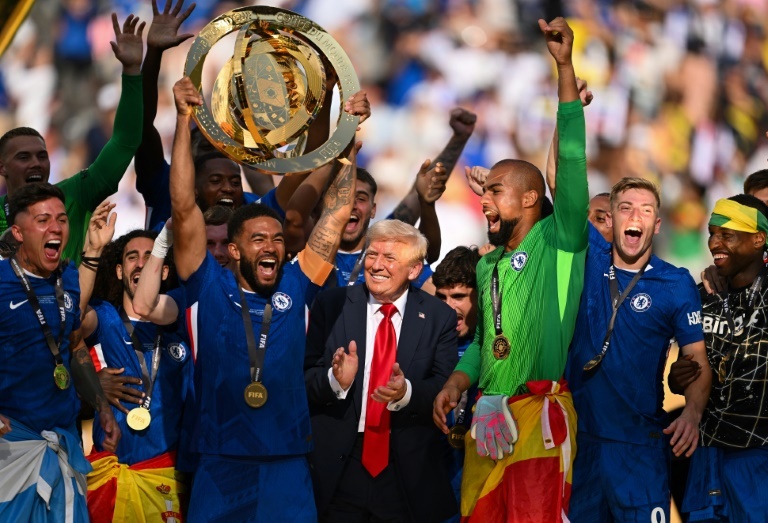
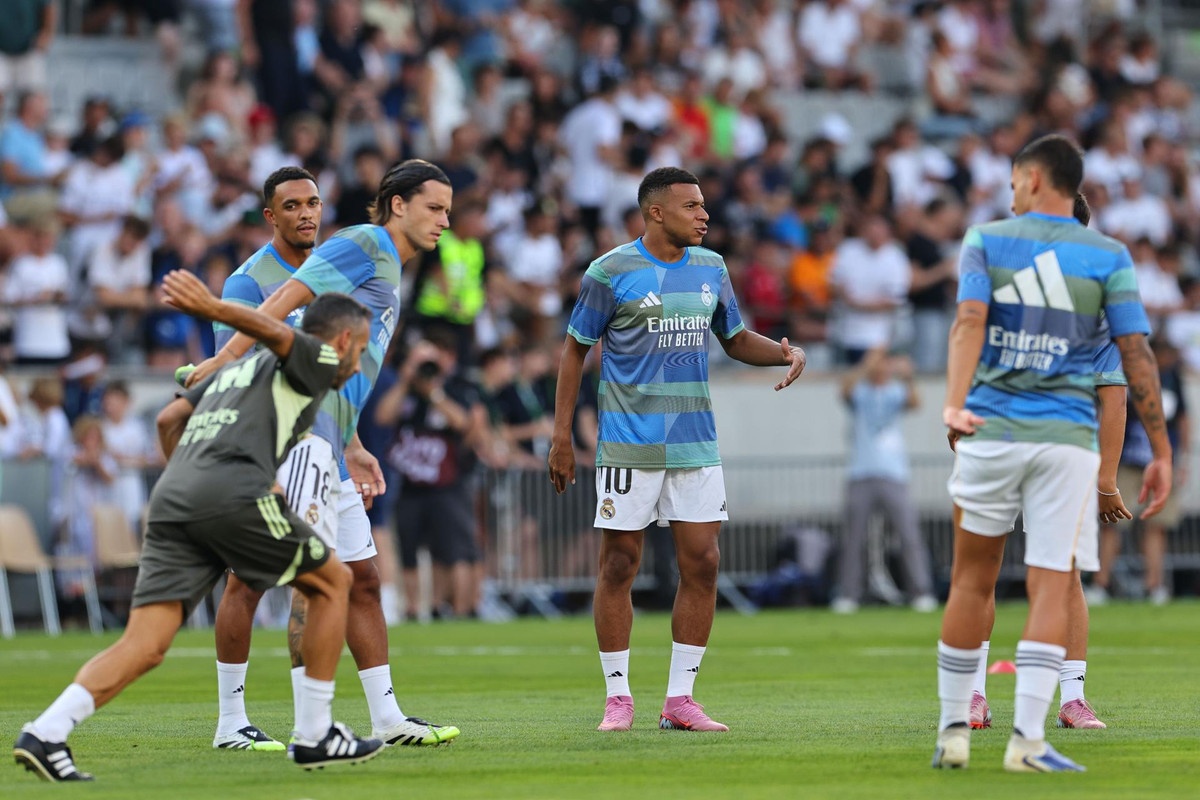
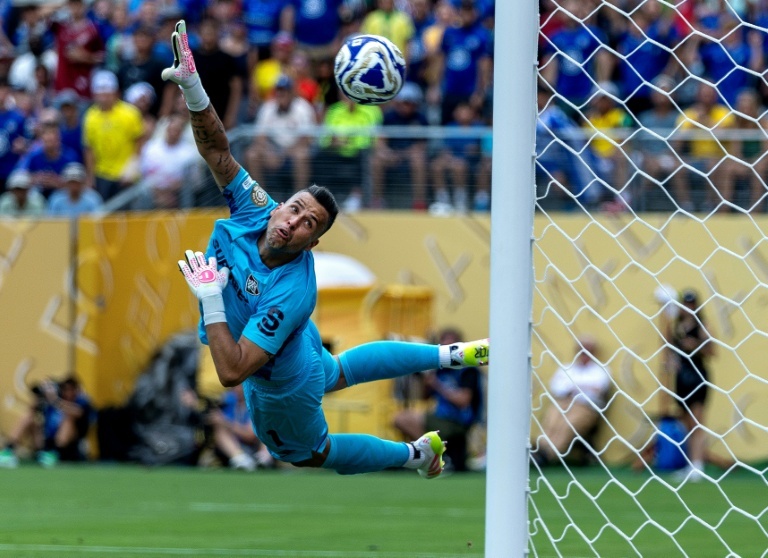
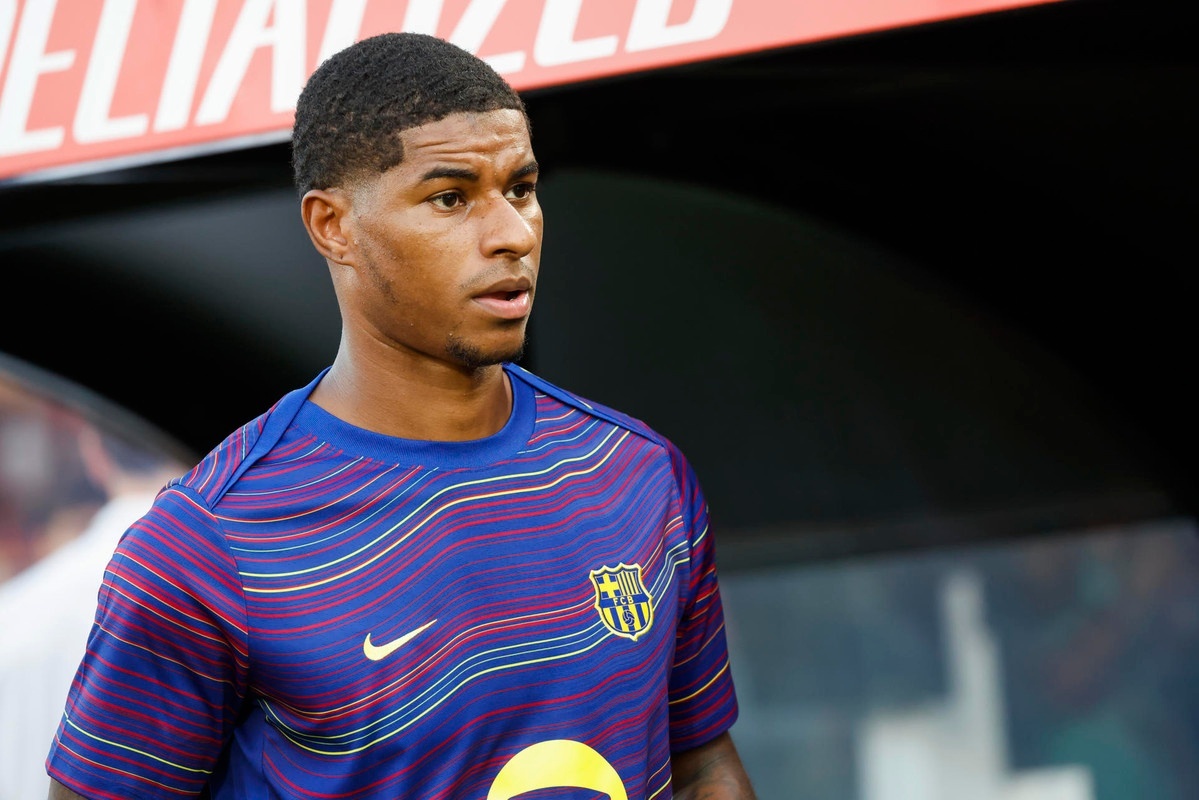
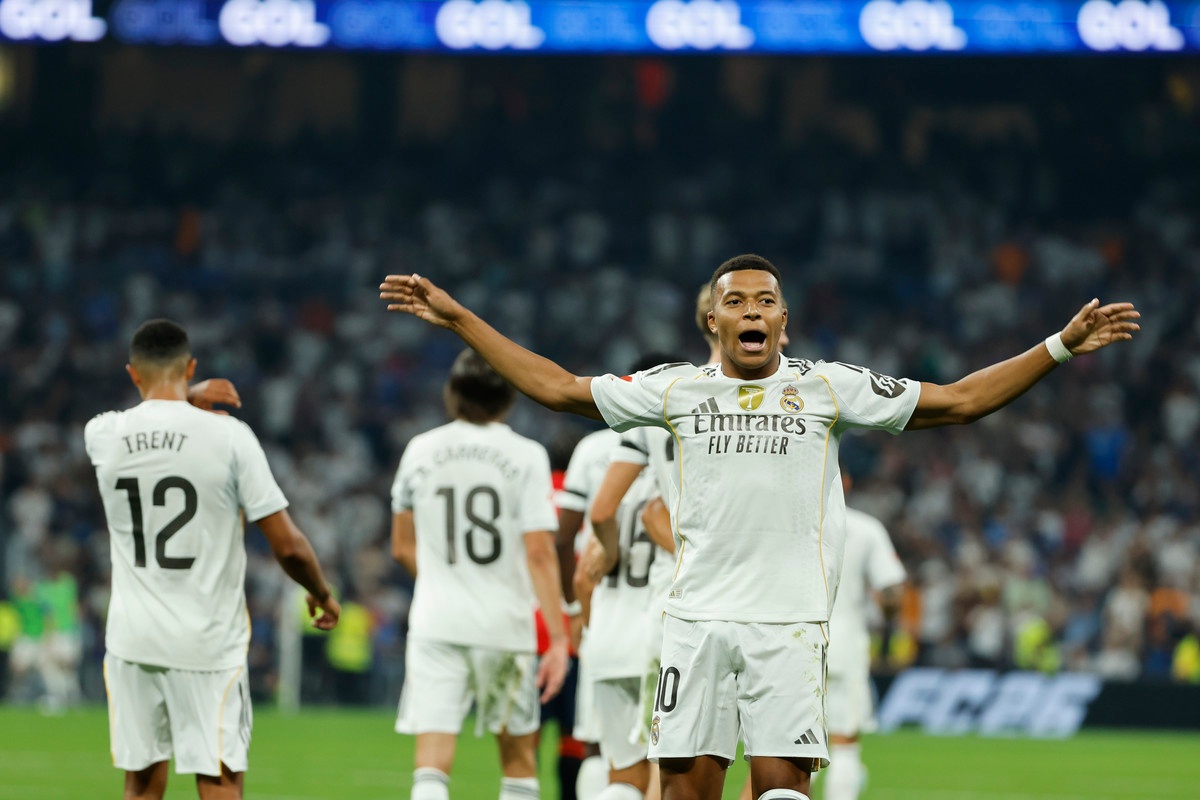
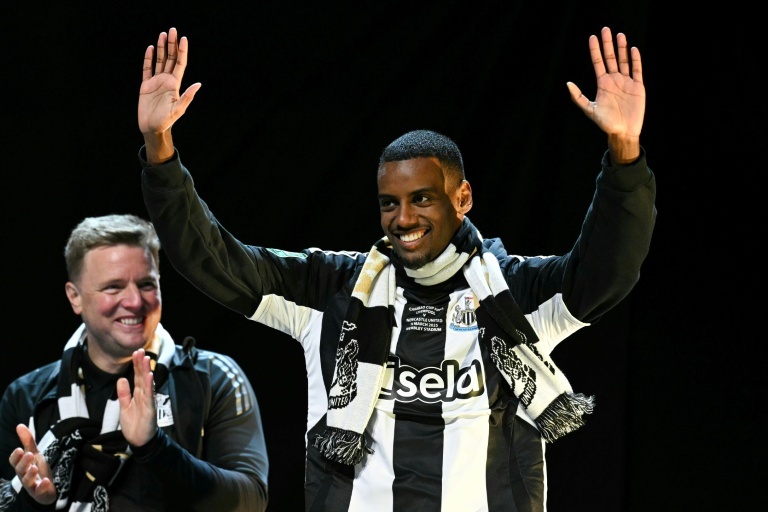
Comments